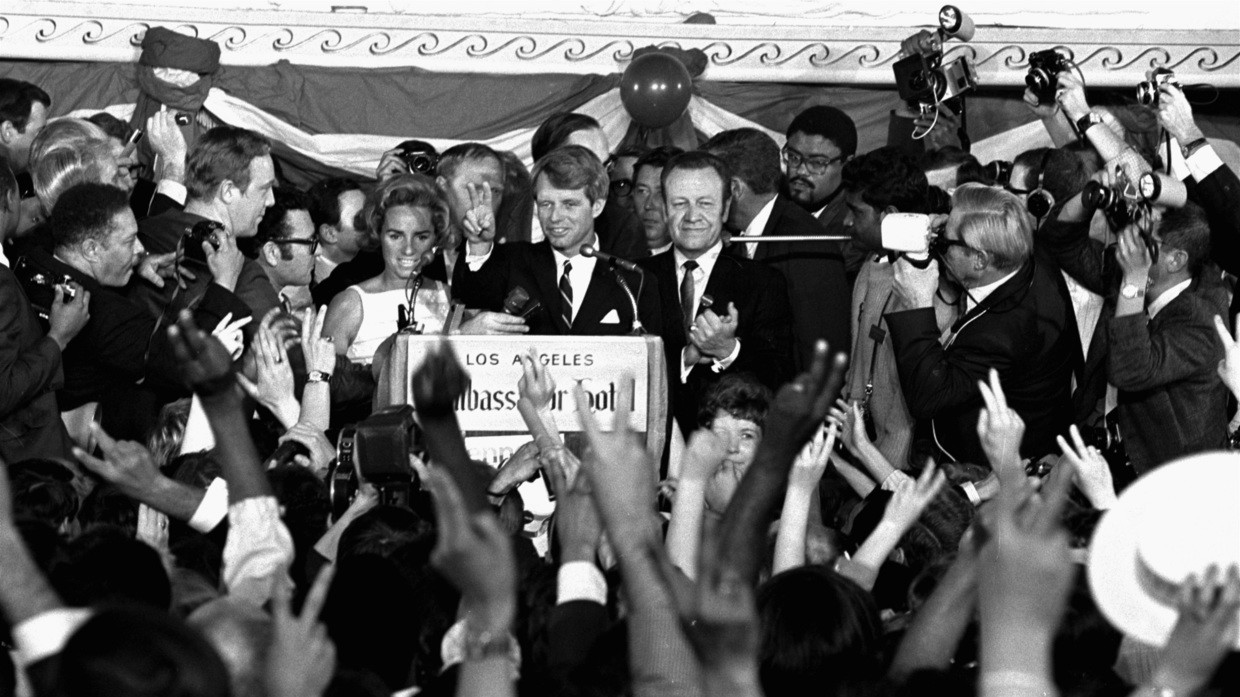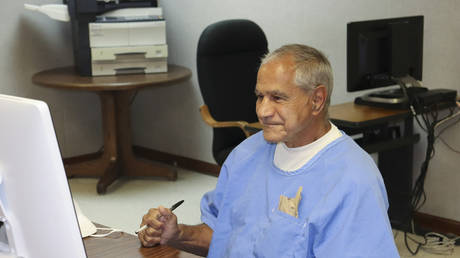Governor Gavin Newsom has rejected the advice of a California parole board to release Sirhan Sirhan, the man convicted of killing US senator and presidential candidate Robert Francis Kennedy in 1968.
“Mr. Sirhan's assassination of Senator Kennedy is among the most notorious crimes in American history,” Newsom wrote in his decision on Thursday. “After decades in prison, he has failed to address the deficiencies that led him to assassinate Senator Kennedy. Mr. Sirhan lacks the insight that would prevent him from making the same types of dangerous decisions he made in the past.”
Sirhan was convicted of fatally shooting Kennedy on June 5, 1968. At the time, the senator was seeking the Democratic presidential nomination, hoping to follow his late brother John F. Kennedy into the White House.
Prosecutors said the assassin was motivated by revenge over US support for Israel during the June 1967 war. Sirhan has maintained he does not recall shooting RFK.
Now 77, Sirhan has spent over 50 years behind bars. He was originally sentenced to death, but the penalty was commuted to life imprisonment in 1972, after California outlawed capital punishment.
A state parole board voted in August 2021 to recommend his release. No prosecutors attended the hearing, in line with Los Angeles County District Attorney George Gascon’s new policy of non-interference with the parole process.
Though both Newsom and Gascon are Democrats committed to “criminal justice reform,” the governor argued Sirhan’s refusal to accept responsibility and his failure to disavow violence committed in his name weighed against releasing him from prison.
Newsom has also repeatedly referred to RFK as his “political hero” and keeps a photo of his father with the late senator in his office.
Last month, Kennedy’s son RFK Jr. urged Newsom to let the assassin go, saying his release “best reflects my father’s legacy.” He argued that Sirhan did not pose a threat to society, sought forgiveness for the killing, and seemed “gentle, humble, kind-hearted, frail, and harmless.” Six of his nine siblings, however, disagreed.


